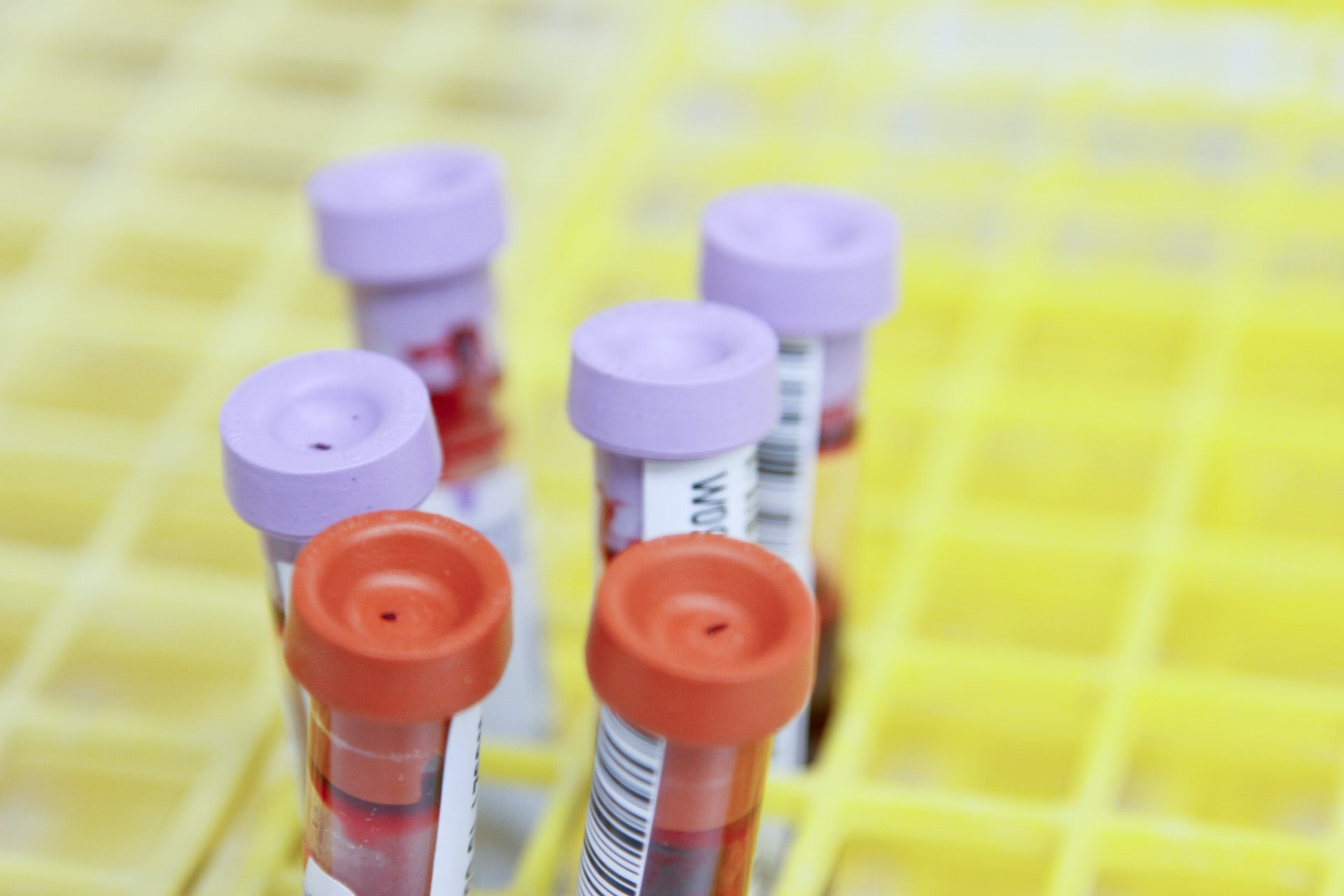Breast cancer care - How tech is making a difference
 Photo by National Cancer Institute on Unsplash
Photo by National Cancer Institute on Unsplash
Did you know that breast cancer is the most common cancer among Singaporean women? Each year, over 2,000 women here are diagnosed with the disease and die from it.
As we mark International Women’s Day on March 8, we shine a spotlight on how technology is changing breast cancer care and the way patients can access information on the disease. After all, early detection and treatment can save lives and the knowledge here may make a difference to those around you.
AI chatbot service
Women at risk of hereditary breast and ovarian cancer (HBOC) can get information about the disease through an AI chatbot, while also learning about how genetic testing can help.
They can also fill in their family medical history using the Whatsapp service for risk assessment. This is done before going for a genetic counselling session to understand the pros and cons of genetic testing and discuss their options with an expert.
Without the WhatsApp chatbot, a counsellor has to contact the patient by phone to gather the family medical history in a call that can take up to an hour.
The initial counselling session can also be a case of information overload mixed with anxiety over possibly having to grapple with a serious disease. Hence, patients are often unable to make a decision on whether to undergo testing.
By using the chatbot known as Angie, patients skip the phone call and complete their family medical history at their own convenience. They also get bite-sized modules of information that they don’t have to finish in one sitting. After a module is completed, the chatbot will send patients more information such as videos and infographics about HOBC, cancer genetic testing, and the counselling process. Angie can also answer frequently asked questions on topics like screening and risk reducing strategies, as well as the cost of genetic testing.
Treatment cost calculator
Besides fighting the disease, cancer patients also have the added stress of uncertainty over treatment costs. A digital calculator aims to help give patients better estimates on their monthly out of pocket cost, giving them a better grasp of their financial situation.
The calculator, known as ChemoCalc, takes into account various data points such as the patient’s residency status, means-testing tier, and eligibility for government subsidies. It also takes in personal information such as the treatment regime the patient is on.
ChemoCalc then estimates the patient’s out of pocket monthly expenditure and a list of the medication and treatment services. This facilitates the easy submission of claims and the document can be printed for patients.
Telemedicine for palliative care
The National Cancer Centre Singapore runs a 12-week palliative care programme through video and phone consultation for advanced stage 3 and 4 cancer patients. Known as the Telemedicine Clinic, it starts with a video consultation with a doctor and a nurse. Family members and caregivers often join this first consultation, which builds trust and rapport with the patient’s support system.
The patients then complete a questionnaire, which will be conducted weekly, to report physical and psychosocial symptoms.
Using the information from the completed questionnaire, the care team follows up with a phone call to determine if changes are needed to their clinical management plan.
Shifting some of the caregiving procedures to video and phone consultation has enabled faster treatment adjustments and reduced waiting time at the cancer centre’s premises.
AI-powered mammogram
An AI startup known as FathomX is developing technology for more accurate and faster detection of breast cancer through mammograms.
FxMammo, an AI-powered mammography support tool, has shown good promise so far in accurately detecting cancer in dense breasts among Asian women. Tests have also shown a reduction in false positives for cancers diagnosed in between routine screening. The tool has also been found to reduce screening time and manpower needs.
The startup, which is a spin-off from the National University of Singapore and the National University Health System, raised over $2 million in September 2022 to continue developing the tool. 9
Continual fight against the disease
According to the Singapore Cancer Society, there is a 5% chance of a woman in Singapore developing breast cancer in her lifetime. Those with a family history of breast cancer face twice the risk.
Given the relatively widespread nature of this disease, it is all the more important that progress is continually made in its detection and treatment.
The good news is that tech is ever improving and making a difference in the battle against breast cancer. Together with good protocols for regular screening, hopefully we can one day turn the tide and bring down the prevalence of breast cancer.
https://www.tech.gov.sg/media/technews/breast-cancer-care-how-tech-is-making-a-difference
